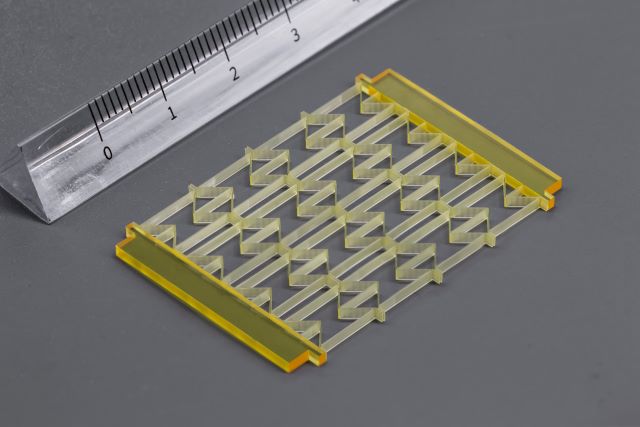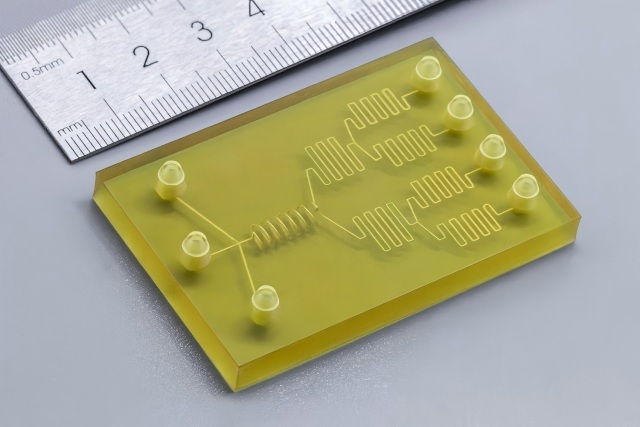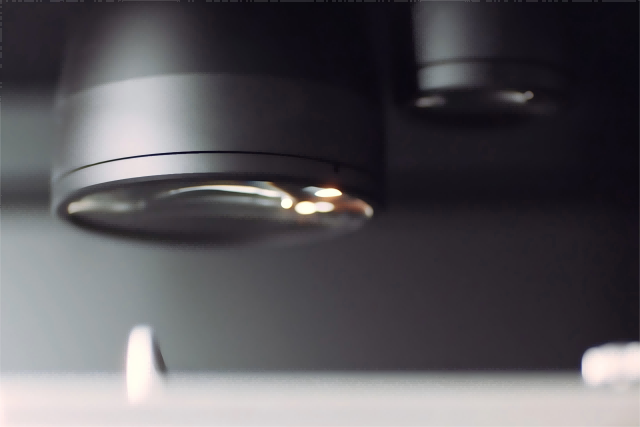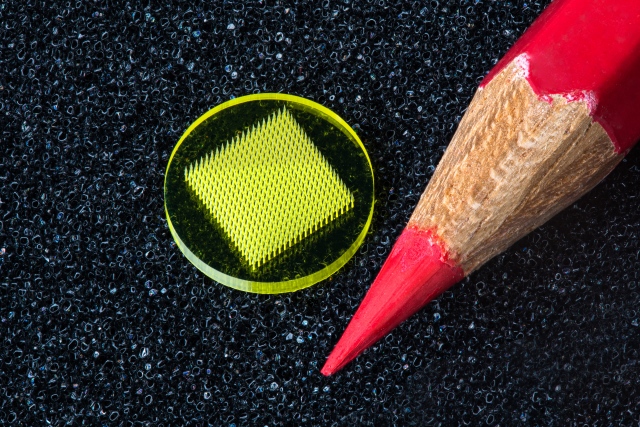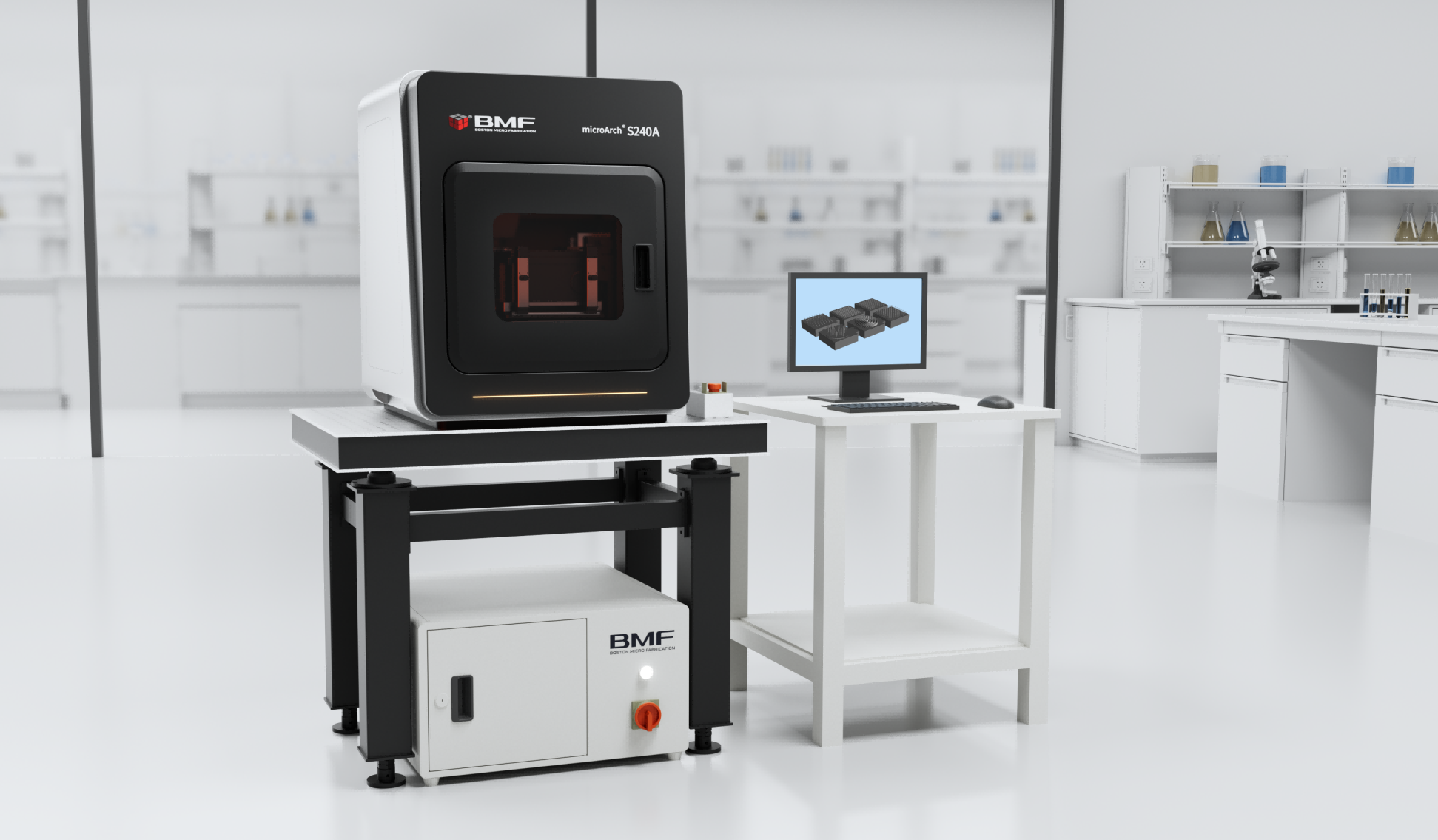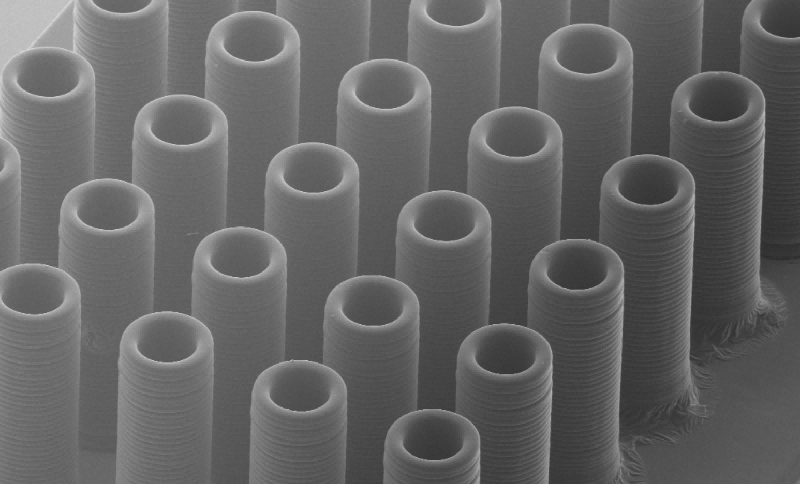Electronic skin (E-skin) is a critical enabler for dexterous robotic hands, forming the foundation of tactile perception, intelligent decision-making, and adaptive human–machine interaction. By mimicking the human sense of touch, E-skin allows robots to perceive pressure, texture, and motion—capabilities essential for applications ranging from surgical assistance to precision industrial manipulation. However, most existing E-skin solutions […]
Dual-mode flexible capacitive sensors that integrate proximity sensing and tactile perception are rapidly becoming a cornerstone technology for next-generation human–machine interaction. These sensors enable robots and intelligent systems to perceive their surroundings more comprehensively and to interact with objects in a safer, more intuitive manner. However, conventional dual-mode capacitive sensors still face critical performance bottlenecks. […]
Electromagnetic (EM) metamaterial absorbers (MMAs) represent a new generation of engineered materials capable of manipulating electromagnetic waves in ways that are fundamentally unattainable with conventional absorbers. Unlike traditional absorbing materials, whose performance is largely limited by intrinsic dielectric losses, metamaterial absorbers rely on precisely engineered subwavelength unit cells to achieve tailored resonance behavior. Broadband MMAs […]
Microfluidics is fundamentally about achieving precise control of fluids at the micrometer scale. By manipulating minute volumes with high spatial and temporal resolution, microfluidic technologies have become indispensable tools across chemical synthesis, biological research, diagnostics, and emerging biomedical applications. Yet despite decades of progress, the field continues to face a persistent trade-off between operability, accessibility, […]
As microfluidic systems evolve toward higher functional integration and greater sensing accuracy, manufacturing precision has become a defining factor in device performance. In particular, applications such as single-cell impedance spectroscopy demand not only micron-scale resolution, but also the ability to seamlessly integrate structures with vastly different feature sizes into a single, monolithic device. This is […]
A research team from the School of Pharmaceutical Sciences, Wuhan University has developed a pH-responsive bilayer microneedle patch that achieves ultrasound-activated antibacterial therapy and immune modulation, offering a powerful new non-antibiotic strategy for infected wound treatment. The study, titled “Three-in-one bilayer microneedle patch for ultrasound-activated antibacterial therapy and immune modulation in wound healing”, has been […]
The human gut is one of the most complex and dynamic microbial ecosystems. Often referred to as a “forgotten organ,” the intestinal microbiome plays a decisive role in digestion, immune modulation, metabolic balance, and even neurological health. Yet despite decades of research, one fundamental challenge has remained unresolved: how to accurately sample microorganisms from different […]
As global freshwater scarcity intensifies, solar-driven seawater desalination is emerging as a sustainable and environmentally friendly solution. Yet, traditional solar evaporators often struggle in high-salinity environments due to salt crystallization and clogging, resulting in decreased evaporation efficiency and limited durability. Recently, a research team from Harbin Institute of Technology (HIT) has developed a bamboo shoot-inspired […]
Transforming patient-speific vascular geometries into functional microfluidic devices has long been a challenge, hindered by complex workflows and long fabrication cycles. A new study published in Advanced Materials by Professor Arnold Ju’s team at the University of Sydney presents a breakthrough: an automated, high-precision platform that fabricates patient-specific vascular chips in under two hours—a process […]
What if the next generation of sensors could not only measure but also conform, adapt, and intelligently respond to complex, dynamic environments? Flexible sensors represent one of the most critical enablers for emerging technologies in wearable health monitoring, soft robotics, human–machine interfaces, and next-generation electronics. This is where micro-scale 3D printing is making a decisive […]



